Animal activists, vet, admonish fireworks users, offer tips to pet-owners

THE flashing and sparkly explosion of fireworks on New Year’s Eve is a go-to tradition to usher in the New Year for many people. A tradition that not even the coronavirus pandemic was able to do away with if the booming sales reported by local fireworks dealer, FireOne Fireworks, is any indication.
But, for pet owners and their furry and feathery friends, the loud, incessant noise associated with fireworks can be a nightmare.
The unpredictable noises can cause dogs, cats, birds and other pets to perceive the loud sounds as a threat, which causes them to react erratically and harm themselves in the process.
Veterinarian, Dr. Mahfouz Aziz said the loud sounds associated with fireworks can cause disorientation in animals.
“That disorientation…there are different levels of severity. When the fireworks that sound like gunshots go off, all dogs get scared. They go crazy and hurt themselves.
“It’s heartbreaking and inhumane. And people who use fireworks, they tend not to care about dogs.”
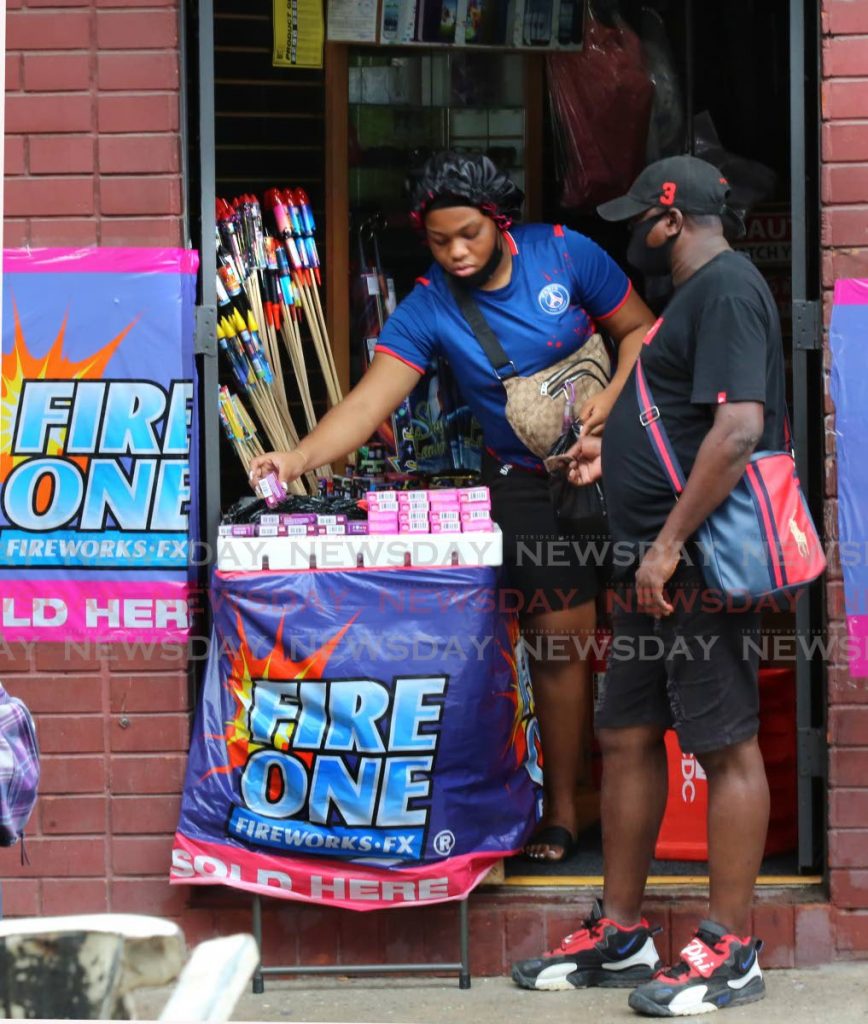
Newsday spoke with Sita Kuruvilla, Council Chairman of the Trinidad and Tobago Society for the Prevention of Cruelty to Animals (TTSPCA), who revealed that in the last few months of the year — from Divali to New Year’s Day when fireworks use increases — there is a spike in the number of lost dogs the shelter takes in.
“Today (Wednesday) we took in two dogs that appeared on people’s property, most likely due to fireworks. It really puts a big burden on us because on top of all the other cases we have to deal with, now we have these lost animals that we have to look after and see if we could find the owners.”
“Plus, a lot of dogs are killed on the road because they just run and they don’t know what they are doing. It’s just so unnecessary.”
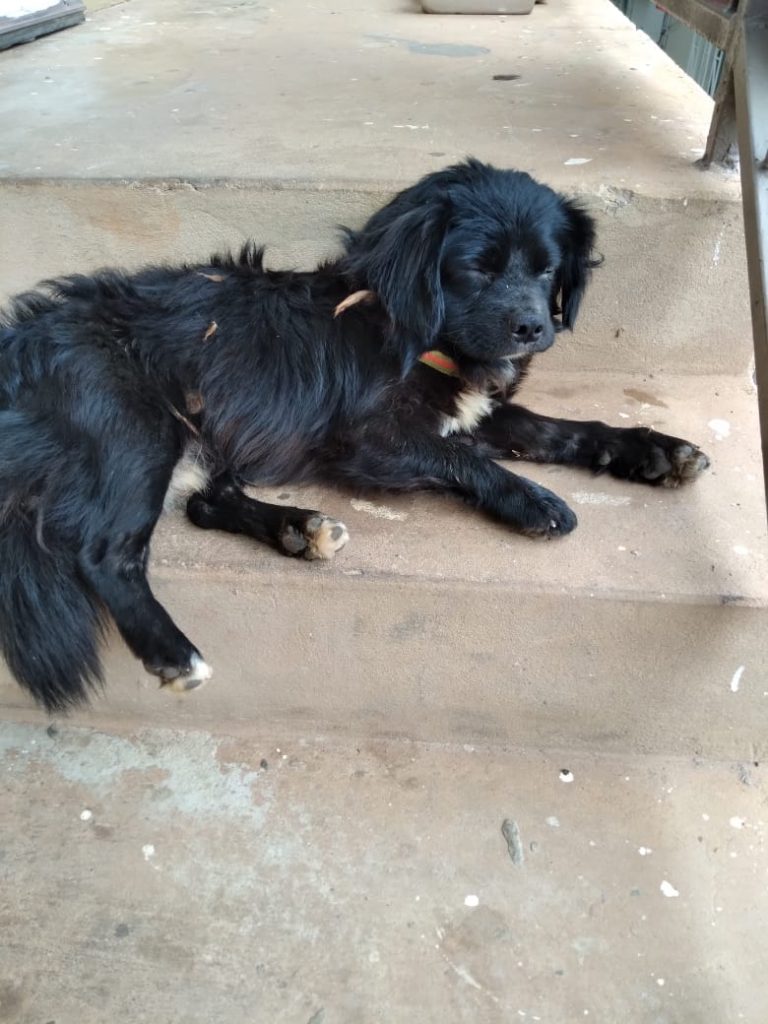
Renae John, creator of the Mustapha Project, an initiative that rescues dogs and finds safe, loving homes for them, issued a call-to-action on Facebook to “fight back” against fireworks users. She called on her followers to send photos and videos of people using fireworks and scratch bombs and footage of the adverse reactions on their pets to the police.
“Bombard them (the police) with pictures and videos and show them what actually goes on with these animals and how many people light up (fireworks) in residential areas.”
John, who has 18 dogs at her home, also admonished irresponsible pet owners who fail to safely secure their pets during times of heightened fireworks usage.
“Every year I am able to manage 18 dogs and I have never had an incident where one of my dogs got away or got severely injured. Owners themselves need to start being responsible.
“I know come January 1, my phone will be bombarded with messages of people asking me to share missing dogs’ posts. People just don’t listen.”
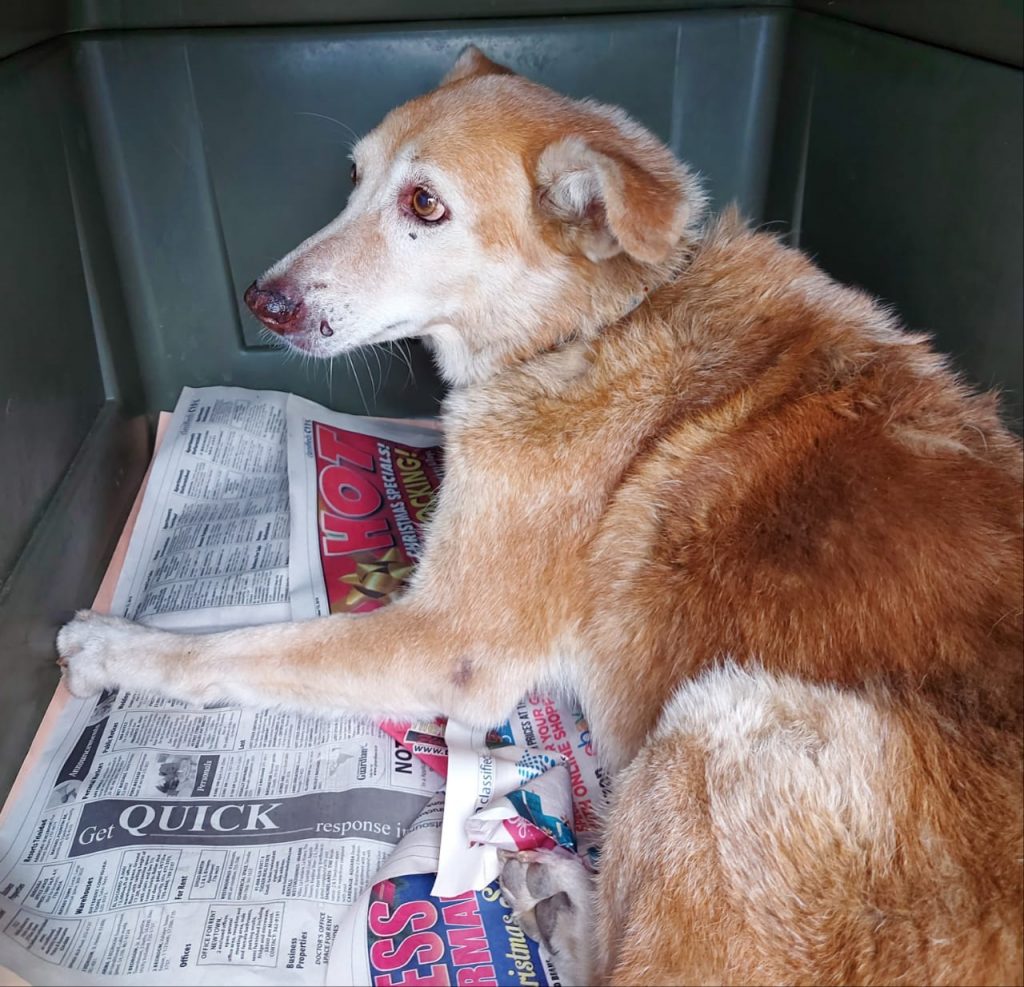
In a bid to help dog and cat owners keep their pets safe this New Year’s Eve, Kuruvilla and John shared the following tips:
• Don’t chain your dog. Tethering your dog can cause them to inadvertently strangle themselves when they impulsively tug on their chains during their attempts to escape the loud, fireworks sounds. Instead, secure them in a safe room inside your home or in a kennel.
• Keep pets inside your home. Ideally, pets should be kept safely inside the home according to Kuruvilla. She also suggested that pet-owners secure their pets in an enclosed safe space like a washroom for those people who are unwilling to keep pets inside their house. Even if you are accustomed keeping your pets outside in your yard, John recommends that pet-owners bring their pet pals inside, in the comfort of their homes, since it can help settle their anxiety.
• Safeguard your pet with an ID card and collar. Your pet can be lost during their desperate attempts to escape the loud noises caused by fireworks. John said ID cards which are available at TTSPCA and most pet stores can be the difference between finding your lost pet and losing them forever. In addition, Kuruvilla recommended that pet-owners write their names and contact information on their pets’ collars.
• Feed pets early. Once the fireworks noise starts pets may go into a frenzy and it may be difficult to feed them at this point. Feeding your pets early will prevent this problem.
• Distract your pets with toys and treats. Allow your pets to play with their toys and reward them with treats. This can help calm their nerves and have some fun during what, for them, can be a very difficult and traumatic time.
• Talk to you veterinarian. Ask your veterinarian about the various medications and techniques they can administer to your pet to help ease their fear and anxiety. John suggested the use of Cannabidiol (CBD oil), which is a product derived from chemicals naturally found in marijuana plants. She said CBD oil has a calming effect on dogs and can help with anxiety. However, she urged pet-owners to first consult with their vets to ascertain the correct dosage before administering to their pets.
Tricia Boodhoo, creator of The Bird Sitter TT, a service that boards and takes care of birds when their owners are unable to do so, also gave some tips on how to take care your feathery friends during the noisy fireworks displays:
• Take your bird indoors. Boodhoo suggests that you place your bird in a room where the sounds of the loud fireworks will be muffled and cover their cage.
• Play soothing music. Boodhoo said many birds, especially psittacines (birds of the parrot family) like music and some even like to dance. She said this can help with their fireworks-induced anxiety.
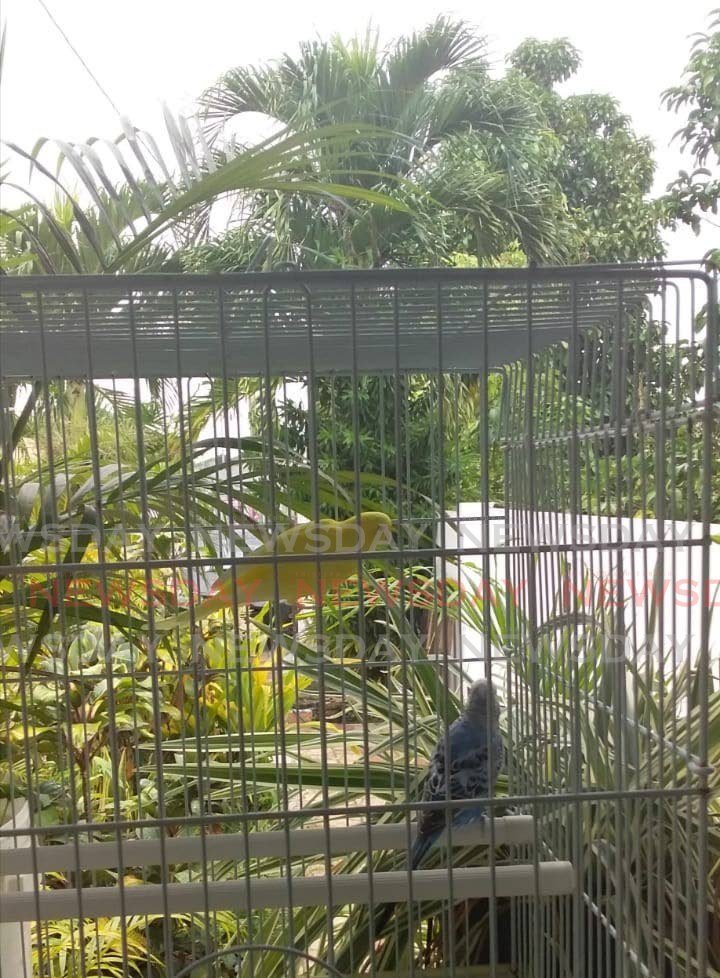
• Bird-owners need to remain calm. Birds can pick up on their owners anxiety so Boodhoo suggested that pet parents take the necessary steps to ensure that they remain as calm as possible.
• Speak to your birds. Speaking to your birds in a calm, reassuring tone can have an anxiety-reducing effect on them.
• Call your veterinarian if you notice your bird is breathing abnormally. Boodhoo said parrots have sensitive lungs so the smell of smoke and burnt sulphur from fireworks can be very irritating and unpleasant for them. She urged bird-owners to call their vet immediately if they notice their birds are experiencing breathing issues.
• Boodhoo also said bird-owners should stick to their regular routines.
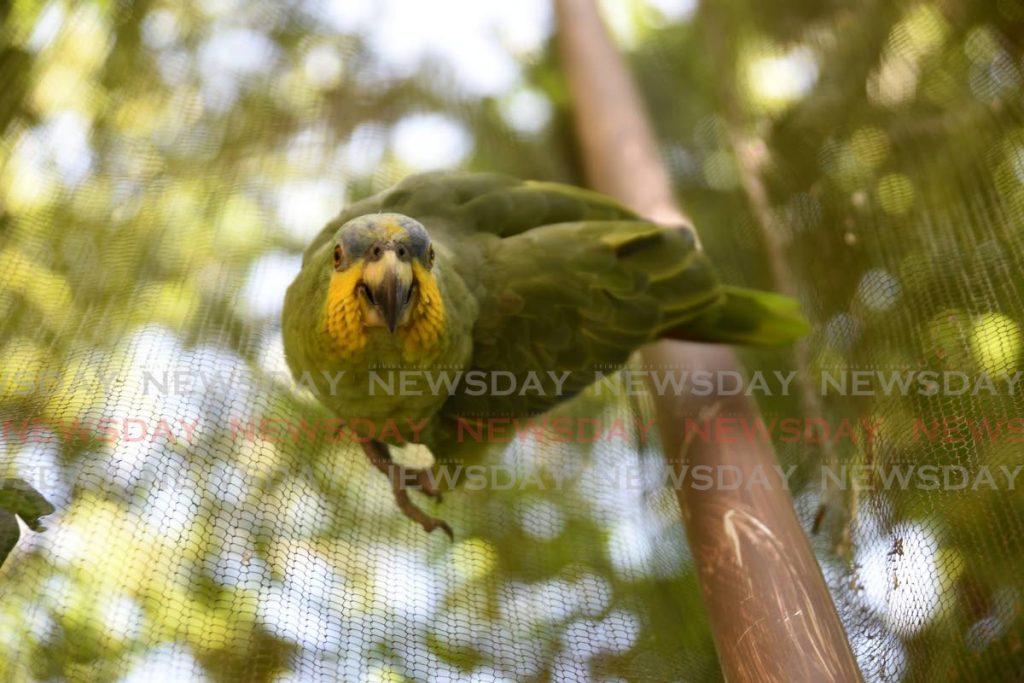

Comments
"Animal activists, vet, admonish fireworks users, offer tips to pet-owners"